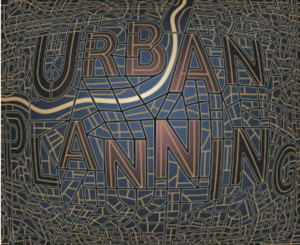As many have stated and I agree, Urban Renewal is a controversial program of land redevelopment. This process began as an intense phase in the late 1940s and continued into the late 1970s. Many community members believe remnants of the implementation continues today. Unaffordable increasing property taxes for the few Black homeowners left within redlined areas contributes to further loss of properties.
While journeying through my 14 years of exploratory research which begun in 2008. I found most people who were directly impacted to be distraught and with little to no trust in local government. Many community members' expressed there were actions of broken promises and hidden agendas. Some community members went to their graves without receiving the promised $1 lots to rebuild their homes.
During the journey, I have experienced a most important awakening moment. A historic opportunity to revisit Slavery and Urban Renewal is allowing nationwide conversation - such that will allow a more stable healing process. Most importantly, I am ecstatic to see and be a part of people uniting, communicating, and advocating for the greater good.
This endeavor have shown me that regardless of status, creed, or color, we are all human. In the midst of adversity, unity have more power to bring about change. Unity adds value to the whole - especially when diversity connects. We, who have been impacted most by Urban Renewal thank you for standing with us to bring about resolution and to make sure history doesn't repeat itself.
Please take the time to click on the pictures below. I am sure there is something that will spark your interest.












